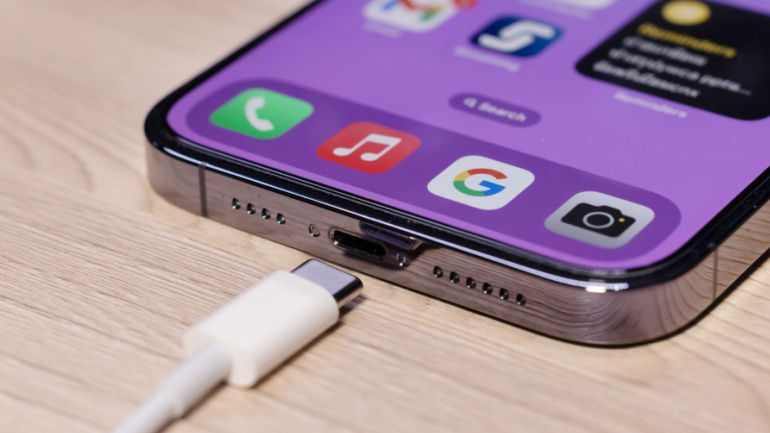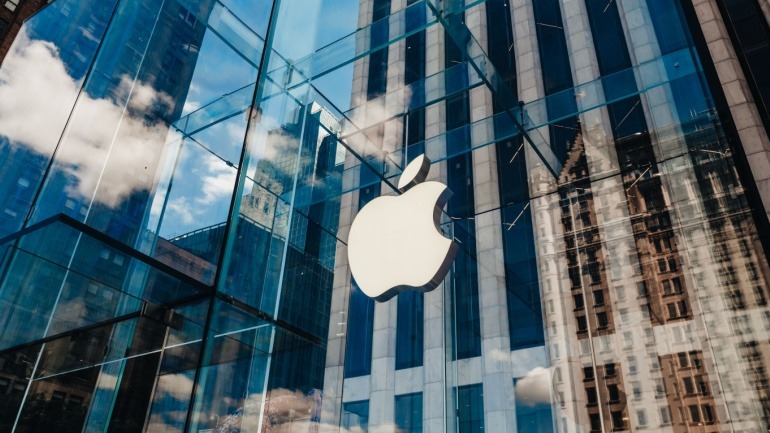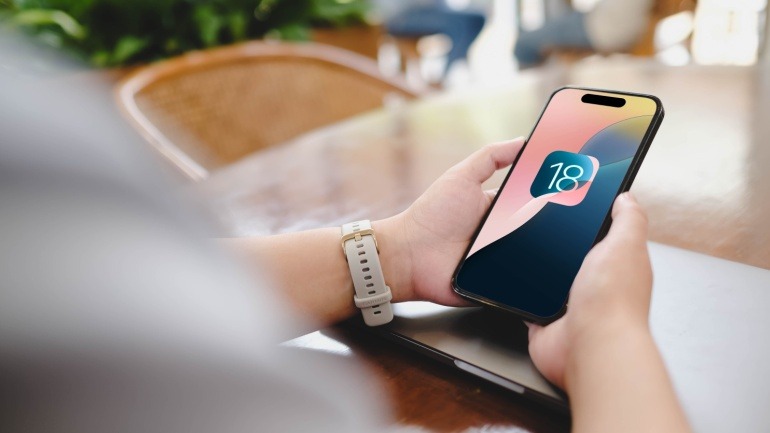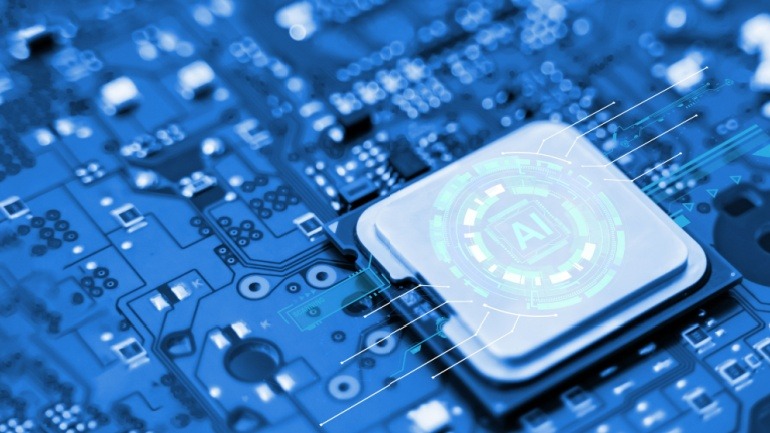In the world of smartphones, it is no surprise that Apple stands tall. Its recent product launch epitomised the company’s reputation for innovation, as it unveiled four new versions of the iPhone: the iPhone 15, 15 Plus, 15 Pro, and 15 Pro Max. Prices begin at £799, increasing for the Pro models that boast the latest component upgrades, with last year’s Pro specifications featuring in the cheaper models.
While some industry enthusiasts may argue that true innovation in the smartphone sphere has become stagnant, it is uncontested that Apple’s premium pricing and pioneering reputation set it on a pedestal, leaving customers with high expectations for each yearly unveiling. To quote Greg Joswiak, Apple’s SVP of Worldwide Marketing, “This is the most pro lineup we have ever created…iPhone 15 Pro and iPhone 15 Pro Max represent the best of Apple design and industry-first innovations.”
Kaiann Drance, Apple’s VP of Worldwide iPhone Product Marketing, echoed similar excitement about the iPhone 15 and 15 Plus, noting their “exciting camera innovations that inspire creativity, the intuitive Dynamic Island, and the A16 Bionic chip for the proven powerful performance.”
A significant alteration in the new iPhone ensemble was the inclusion of a USB-C charging port. While this change was prompted by the EU, it makes practical sense and aligns with a broader market trend. However, an adaptation challenge arises with existing Apple peripherals, which now require an adapter. Unfortunately, this accessory is not included in the box, and its brand pricing at 29 pounds is starkly disproportionate to its pricing on Amazon for less than 10 pounds.
Environmental considerations were not overlooked in this launch, as Apple once again reiterated its commitment to making all its products ‘carbon neutral’ by 2030. Other initiatives to support this include expanding their focus on renewable energy, recyclable materials, and low-carbon design. As outlined by Lisa Jackson, Apple’s VP of Environment, Policy, and Social Initiatives, “Our focus on renewable energy and low-carbon design has already driven industry-leading emissions reductions, and we’re not slowing down.”
By leveraging their proven market strategy and its commitment to incremental upgrades, Apple continues to impress despite a somewhat predictable product launch. Despite competition from companies like Huawei and internal challenges with modem integration, Apple’s resilient market position suggests these hiccups will do little to affect the company’s bottom line.
Despite criticisms and an increasingly competitive market, Apple’s established market presence, commitment to minimalistic yet effective upgrades, and focus on environmental responsibility helps keep the tech giant as a first-choice among consumers.







